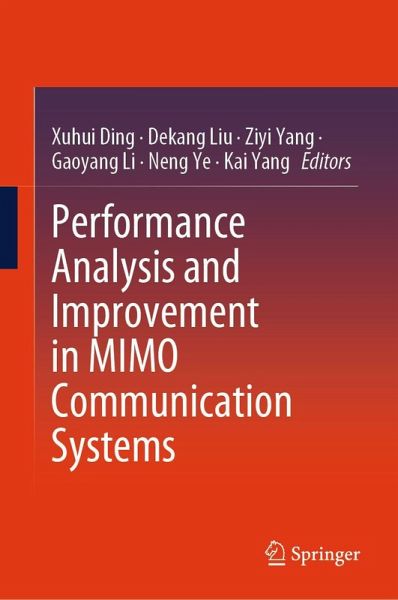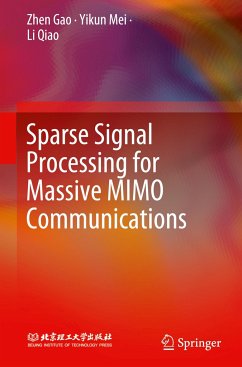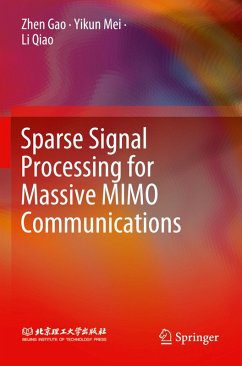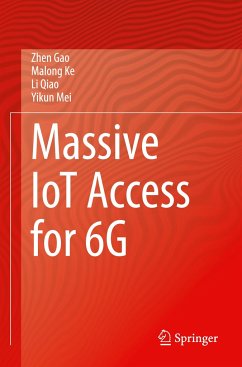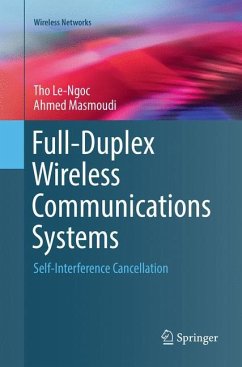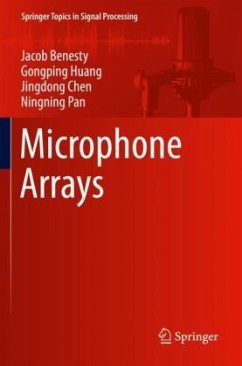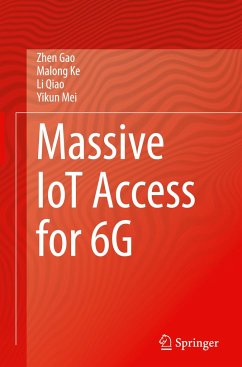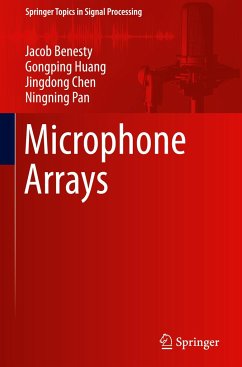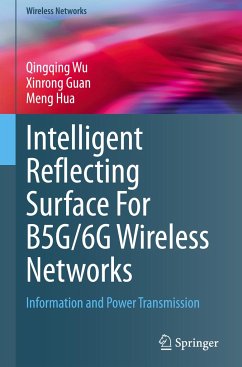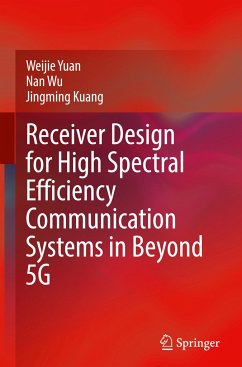Xuhui Ding School of Cyberspace Science and Technology, Beijing Institute of Technology, Beijing, China Xuhui Ding received his B.E. and Ph.D. degrees from Beijing Institute of Technology, China, in 2014 and 2021, respectively. From July 2019 to September 2019, he was a visiting student with the Chalmers University of Technology, Göteborg, Sweden. He is currently an assistant professor with the School of Cyberspace Science and Technology, Beijing Institute of Technology (BIT). He is an editor of the Journal of Electronics and an editorial board member of Journal of Data Acquisition and Processing. His research interests include MIMO communication, iterative receiver design, error control coding and information theory, spectrum sensing for cognitive radio, and deep learning. Ziyi Yang School of Cyberspace Science and Technology, Beijing Institute of Technology, Beijing, China Ziyi Yang received the Ph.D. degree in electronic engineering from Beijing Institute of Technology, Beijing, China, in 2021. She is currently with the School of Cyberspace Science and Technology, Beijing Institute of Technology, China, as a special associate researcher. Her research interests include wireless communication, aerospace communication, green communication, signal processing, and convex optimization. Dekang Liu Institute of Unmanned System, Beihang University, Beijing, China Dekang Liu received his B.E. and Ph.D. degrees from Beijing Institute of Technology, China, in 2013 and 2020, respectively. From November 2020 to March 2024, he was a postdoctor with the Intelligent Collaborative Perception and Analysis Cognitive Laboratory, Beijing. He is currently an associate researcher with the Institute of Unmanned System, Beihang University. His research interests include wireless communication, channel estimation, integrated sensing, and communications. Gaoyang Li School of Biological Science and Medical Engineering, Beihang University, Beijing, 100191, China Gaoyang Li received his Ph.D. degree from Tohoku University, Japan, in 2020. He is currently the postdoctoral fellowships for research of the Japan Society for the Promotion of Science (JSPS), Institute of Fluid Science, Tohoku University. His research interests include artificial intelligence, deep learning, data science, and biomedical engineering. Neng Ye School of Cyberspace Science and Technology, Beijing Institute of Technology, Beijing, China Neng Ye received the B.S. and Ph.D. degrees from the Beijing Institute of Technology, China, in 2015 and 2021, respectively, where he is currently an assistant professor with the School of Cyberspace Science and Technology. He has contributed more than 40 peer-reviewed articles including 3 ESI highly cited papers and one best paper reward of IWCMC 2021. He has also authored two monographs published by Springer Nature and been granted more than 10 invention patents, including 5 US patents. He received the Best Ph.D. Thesis Award of China Education Society of Electronics in 2022 and the Young Elite Scientists Sponsorship Program by China Association for Science and Technology in 2022. He has been an editor of the Journal of Electronics and Information Technology since 2021. He was a lead guest editor of Sensors and Electronics from 2021 to 2023. His research interests include non-terrestrial wireless communications and intelligent signal processing. Kai Yang School of Information and Electronics, Beijing Institute of Technology, Beijing 100081, China Kai Yang received the B.E. degree in communications engineering from the National University of Defense Technology, Changsha, China, in 2005 and the Ph.D. degree in communications engineering from the Beijing Institute of Technology, Beijing, China, in 2010. From January 2010 to July 2010, he was with the Department of Electronic and Information Engineering, Hong Kong Polytechnic University, Hong Kong. From 2010 to 2013, he was with Alcatel-Lucent Shanghai Bell, Shanghai, China. In 2013, he joined the Laboratoire de Recherche en Informatique, University Paris Sud 11, Orsay, France. He is currently a full professor with the School of Information and Electronics, Beijing Institute of Technology. His current research interests include convex optimization, massive MIMO, mmWave systems, resource allocation, and interference mitigation.
